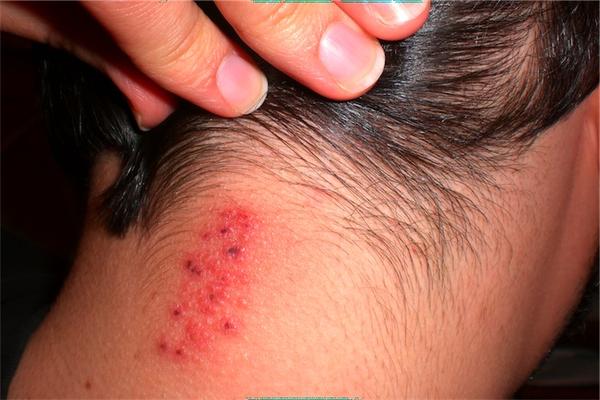What are lymph nodes?
Lymph nodes are small, bean-shaped glands throughout the body. They are part of the lymph system, which carries fluid (lymph fluid), nutrients, and waste material between the body tissues and the bloodstream.
The lymph system is an important part of the immune system, the body’s defense system against disease. The lymph nodes filter lymph fluid as it flows through them, trapping bacteria, viruses, and other foreign substances, which are then destroyed by special white blood cells called lymphocytes.
Lymph nodes may be found singly or in groups. And they may be as small as the head of a pin or as large as an olive. Groups of lymph nodes can be felt in the neck, groin, and underarms. Lymph nodes generally are not tender or painful. Most lymph nodes in the body cannot be felt.
What causes swollen lymph nodes?
Lymph nodes often swell in one location when a problem such as an injury, infection, or tumor develops in or near the lymph node. Which lymph nodes are swollen can help identify the problem.


